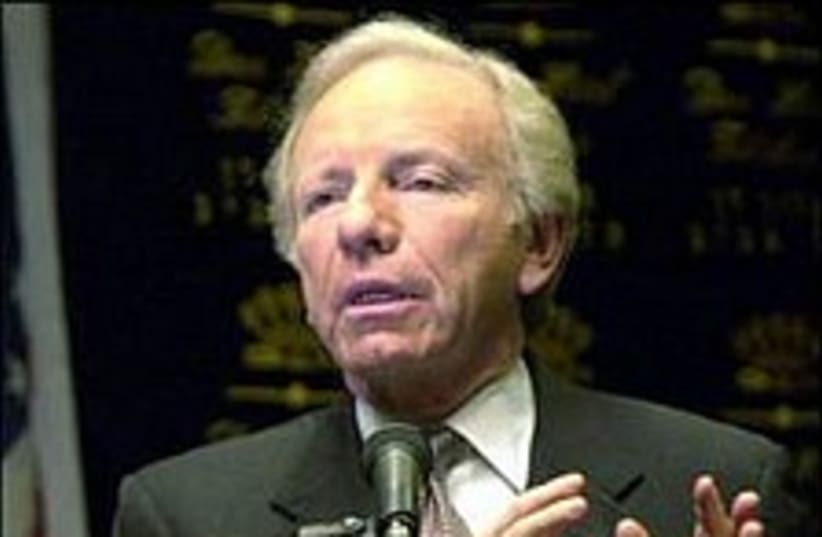| More about: | Joe Lieberman, George W. Bush, The Jewish Exponent, Donald Rumsfeld |
Joe Lieberman's finest hour
Senate icon is the last, best hope for bipartisan support for US victory in Iraq


| More about: | Joe Lieberman, George W. Bush, The Jewish Exponent, Donald Rumsfeld |